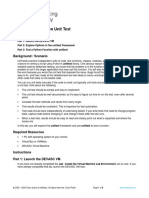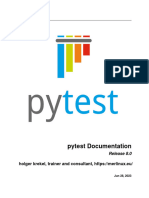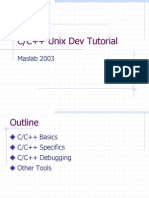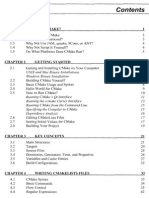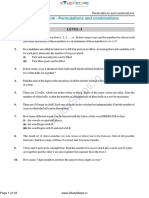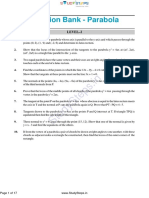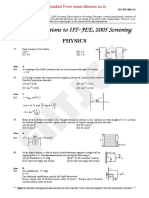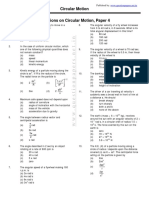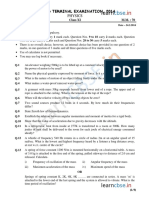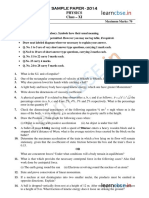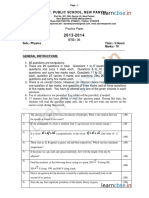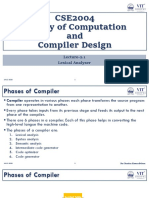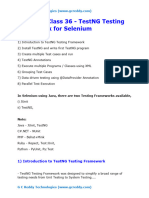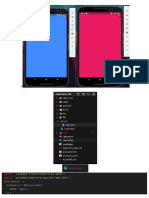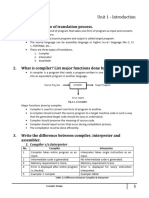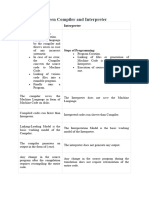0% found this document useful (0 votes)
47 views6 pagesGtest Setup For Embedded Software
This document outlines the complete setup for unit testing a C project using Google Test (GTest) on a Linux environment, including project structure, test writing, CMake configuration, report generation, and automation scripts. It provides detailed instructions on creating a test runner, writing tests for C functions, and generating test reports in XML and HTML formats. Additionally, it covers enabling code coverage reporting and automating the entire process with a script.
Uploaded by
sagarchidre114Copyright
© © All Rights Reserved
We take content rights seriously. If you suspect this is your content, claim it here.
Available Formats
Download as TXT, PDF, TXT or read online on Scribd
0% found this document useful (0 votes)
47 views6 pagesGtest Setup For Embedded Software
This document outlines the complete setup for unit testing a C project using Google Test (GTest) on a Linux environment, including project structure, test writing, CMake configuration, report generation, and automation scripts. It provides detailed instructions on creating a test runner, writing tests for C functions, and generating test reports in XML and HTML formats. Additionally, it covers enabling code coverage reporting and automating the entire process with a script.
Uploaded by
sagarchidre114Copyright
© © All Rights Reserved
We take content rights seriously. If you suspect this is your content, claim it here.
Available Formats
Download as TXT, PDF, TXT or read online on Scribd
/ 6

























